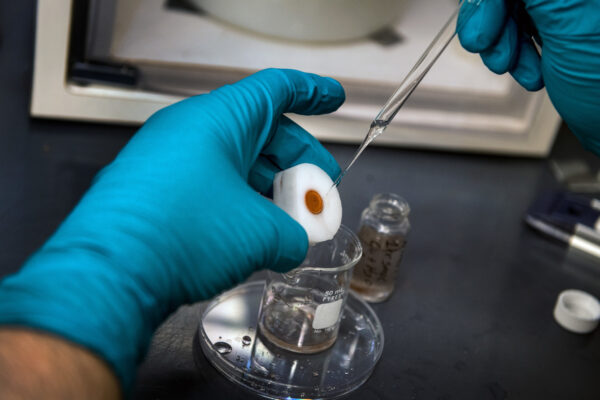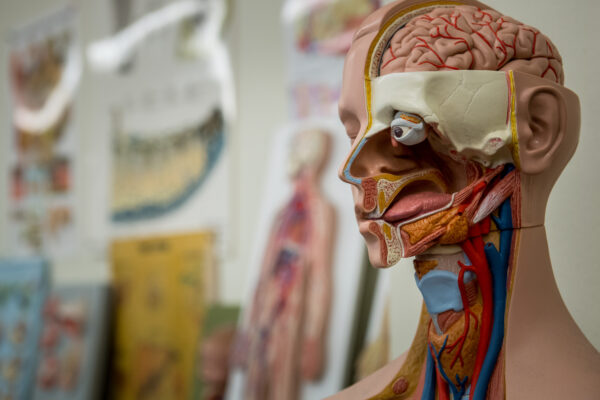Androgen Receptor Splice Variants
Lab Description Despite the recent development and FDA approval of new hormone therapy drugs for metastatic castration-resistant prostate cancer, disease progression after hormone therapies remains the most critical challenge in the clinical management of prostate cancer. Emerging evidences indicate that prostate cancers can adapt to all current hormone therapies by signaling through constitutively-active androgen receptor […]





